|
*Note: this post contains Amazon Affiliate links. Any purchases made via the links provided go to support our literacy efforts.
Life is a series of changes but with the advent of fall comes the change that we at BTBL love most of all. The visual changes as the bloom of flowers leave us and the trees display their magnificent colors before dropping their leaves. This time also offers great outdoor experiences for children. A wonderful way to experience the changes of fall might be to read the story My Autumn Book by Wong Herbert Yee and then enjoy the wonders of nature with your child and collect the treasures the season has to offer and create your own Autumn Book.
Change at this time of year can also involve starting school or moving to a new grade. A wonderful story about the challenge of accepting change and letting go in order to grow up is Little Tree by Loren Long. With so many changes that occur in a young child’s life, it is vitally important that some routines and traditions remain, such as snuggling and sharing a story. Children are often confronted with daily changes and most of these changes are beyond a child’s control, which can lead to stress and anxiety. It is the established routines that can give a child a sense of control for they know what to expect. Routines give children a sense of consistency and security in an ever changing, unpredictable world. A routine of reading with your child will make them feel safe and secure and create an everlasting bond. Choose stories that help your child see that though life presents challenges, not all is lost such as Alexander and the Terrible, Horrible, No Good, Very Bad Day by Judith Viorst.
Do you have a library card? If not, it's time to get one!
What is happening in September?
2nd: Labor Day - To honor the contributions workers have made to this country help your child explore careers. Some books to consider are When I Grow Up by Al Yankovic, Lola Dutch When I Grow Up by Kenneth Wright and the The Berenstain Bears Jobs Around Town by Stan and Jan Berenstain.
8th: Poet Jack Prelutsky’s Birthday - With his innovative word play, Prelutsky’s poems are a must read for every child. Consider Read-Aloud Rhymes for the Very Young and The New Kid on the Block.
Author Jon Scieszka’s Birthday - Nationally recognized reading advocate and the founder of the literacy program for boys GUYS READ. Share one of his picture books with your young one or for the older set a title from his Time Warp Trio chapter book series.
International Literacy Day - Helps to raise awareness for those who cannot read or write. Help your child understand how important reading is to life by reading Oh, How I wished I Could Read! by John Gile.
11th: 9/11 Remembrance Day - Honor those who were taken from us in your own special way.
13th: Author Roald Dahl’s Birthday - Who didn’t grow up with Dahl’s classics such as Charlie and the Chocolate Factory or James and the Giant Peach? Share one of his timeless stories with your child.
14th: Curiosity Day – Each year, around the birthday of H.A. Rey, Houghton Mifflin Harcourt (HMH) hosts an event called Curiosity Day. This is a day set aside to celebrate the magic of learning and discovery through reading, particularly the stories of everyone’s favorite curious monkey, George. You can find more information about this day and ways to celebrate on HMH’s official Curious George web page.
16th: Author H.A. Rey’s Birthday - Rey, with wife Margret, brought the delightful exploits of a mischievous and beloved little monkey to life, Curious George. Read about their remarkable journey to escape the Nazi invasion of Paris in The Journey That Saved Curious George: The True Wartime Escape of Margaret and H.A. Rey by Louise Borden.
17th: Constitution Day – A day to celebrate our Nation’s Constitution. Consider reading We the Kids: The Preamble to the Constitution of the United States by David Catrow.
25th: Poet Shel Silverstein’s Birthday - Silverstein has delighted children with his poems and drawings for years. Among his notable works are The Giving Tree and Where the Sidewalk Ends.
The Last Week is Banned Books Week – Celebrate the freedom to read by choosing your favorite book. For a list of frequently challenged/banned books, visit the American Library Association's website.
"No two persons ever read the same book."
|
|||||||||||||
| 000 – General works, computer science and information
100 – Philosophy and psychology
200 – Religion
300 – Social sciences
400 – Language
| 500 – Natural sciences (pure science)
600 – Technology
700 – Arts and recreation
800 – Literature
900 – History and geography
|
| Download and print out this list of DDC Main Classes and Divisions and bring it with you on your next library visit. |
| ||||||
What is your family's favorite thing about going to the library? Share with us in the comments!
Happy reading and library time!
-Kate @ BTBL
Author
We are three generations that seek a way to get back to basics. It’s not that we eschew technology, but sometimes simpler is better, especially in raising our children. Mom was a reading teacher, Amanda is an early childhood educator and Kate a children’s literature specialist and former school librarian along with the latest additions, a daughter (now 5) for Kate, and two sons (now 3 and 1) for Amanda. We advocate reading aloud, the simple toys that use imagination and encourage creativity and learning in the kitchen, which can be a fun mess but also teaches life skills. Join us in raising healthy, happy, inquisitive and intelligent children.
April is School Library Month!
Imagine further that in this space there are students not sitting apart from one another, working silently and independently, but rather sitting in small groups or pairs, discussing, debating, collaborating and furthering their knowledge together. Perhaps some of these students are even taking part in a performance or presentation of some kind.
Do you have that space in mind? Can you envision the different types of learning taking place? Can you see the vast array of materials and resources at students’ and teachers’ disposal?
The amazing space to which I refer is the school library, sometimes referred to as the learning hub or learning commons today, and sadly it is a space rapidly disappearing from many of our schools.
With school budgets tightening their belts, school libraries are continually finding themselves at risk of being cut out to make room for other resources. A vast number of school libraries are operating without a certified librarian present to assist and guide students with conducting research, identifying reliable sources, formatting essays and citations, or selecting books or other reading materials. While some schools do have a person employed as a library aid or paraprofessional, these people are generally not qualified or knowledgeable enough to fulfill the role of a true certified school librarian. This common practice is a disservice to both students and staff, particularly in this time of startlingly low literacy rates. It is a consistently proven fact that schools that have a fully funded library with a certified librarian have higher student achievement and reading scores and yet, far too many of our schools look to the library first when making budget cuts with no plan in place to ever return its funding or look for new funding avenues.
Consider that in a school library students not only have the opportunity to collaborate with other students and staff in an area filled with books and various technologies, but they also get to hear fluent readers bring a story to life, thus increasing their vocabulary and building background knowledge, even in the middle and upper grades. Additionally, the school library is often the only way that some students have access to books outside of their classroom. As far back as 1740, Benjamin Franklin recommended school libraries as an essential, key element of the ideal institution of learning. So, why is it then that they are now disappearing, when they are needed more than ever?
The school library is more than a space that houses books and computers. It is the heart of the school. Some schools call it the the “Learning Commons” or "Global Learning Center," and are recognizing that it truly is the epicenter of the school, the central hub of learning and collaboration, not just among students, but among the teachers as well. School librarians bring with them a wealth of skills and knowledge that reach far beyond simply taking care of books. In today’s technological world, school librarians are equipped with the skills and knowledge necessary to guide our students through the confusing realm of digitized information and communication, imparting digital literacy and citizenship skills our students must have for continued success in education and, eventually, the workforce. Even more importantly, today more and more school librarians are trained in literacy education, including reading development and instruction and are, therefore, an additional valuable school resource available to students, teachers, administration and to the community of parents as well.
This April celebrate School Library Month by showing your support of these sacred hubs of knowledge, curiosity and collaboration. A great way to start is by signing the petition on EveryLibrary’s activism site SaveSchoolLibrarians.org and by encouraging your children and/or students to utilize their school library and by letting your schools know that you and your family value the library and its continued funding. Show your support on social media with the hashtag #SaveSchoolLibrarians!
Author
We are mom Sandra and daughters Amanda and Kate, all with backgrounds in literacy and education, who want to share our philosophy of taking the basics of life; books, simple toys that encourage play, imagination and creativity, and using cooking and baking to teach math and real life skills to raise happy, inquisitive children. Join us in exploring the old and the new and sifting through the myriad of research to consider what is best for our children.
Archives
June 2022
January 2022
November 2021
September 2021
July 2021
March 2021
February 2021
January 2021
November 2020
October 2020
September 2020
August 2020
July 2020
June 2020
May 2020
April 2020
March 2020
February 2020
January 2020
December 2019
November 2019
October 2019
September 2019
August 2019
July 2019
June 2019
May 2019
April 2019
March 2019
February 2019
January 2019
December 2018
November 2018
September 2018
August 2018
July 2018
June 2018
May 2018
April 2018
March 2018
February 2018
January 2018
December 2017
November 2017
October 2017
September 2017
July 2017
April 2017
September 2016
August 2016
Categories
All
ABC Books
Alphabet Books
Arbor Day
Autumn/Fall
Background Knowledge
Back To School
Ballet Books
Banned Books Week
Board Books
Book Advent Calendar
Book Finds
Book Quotes
Books
Book Sales
Bookworm Bakers
Boredom
BTBL Rocks
Bugs/Insects
Calendars
Censorship
Children's Book Week
Christmas
Coloring
Cooking
Creativity
Dewey Decimal System
Dr. Seuss
Early Literacy
Earth Day
Easter
Environmental Print
Extended Activities
Fairy Gardens
Fairy Tales
Family Literacy Month
Farmers Markets
Flowers
Gardening
Get Caught Reading Month
Gratefulness
Halloween
Hands-On
Hanukkah
Holidays
Homeschooling
Imaginative Play
Inspiration
Intellectual Freedom
Kids In The Kitchen
Kindergarten
Kindness
Kindness Rocks Project
Language
Learning
Libraries
Library Card Sign-up Month
Magnets
Manners & Etiquette
Math
Natural Playgrounds
Natural Reader
Nature
New Year Resolutions
Number Books
Nursery Rhymes
Outdoor Play
Picture Books
Play
Poetry
Puzzles
Read Across America
Reading
Reading Aloud
Reading Comprehension
Reading Month
Repetition
School Libraries
Screen Free Week
Spring
STEM
Storytelling
Storytime
Summer
Summer Slide
Teaching
Tell A Fairy Tale Day
Thanksgiving
Toys
Unplug
Used Books
Valentine's Day
Vocabulary
Winter
Winter Books
Words & Word Play
World Read Aloud Day
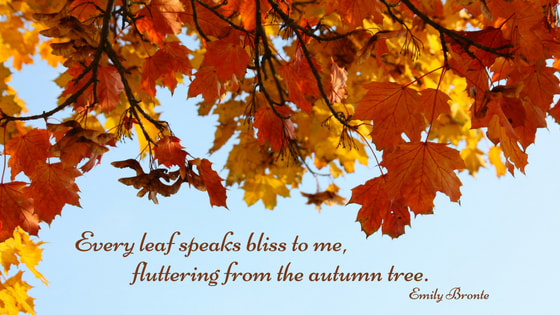
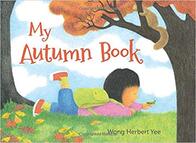
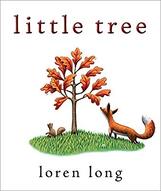
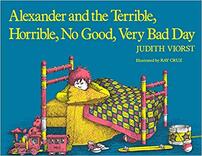
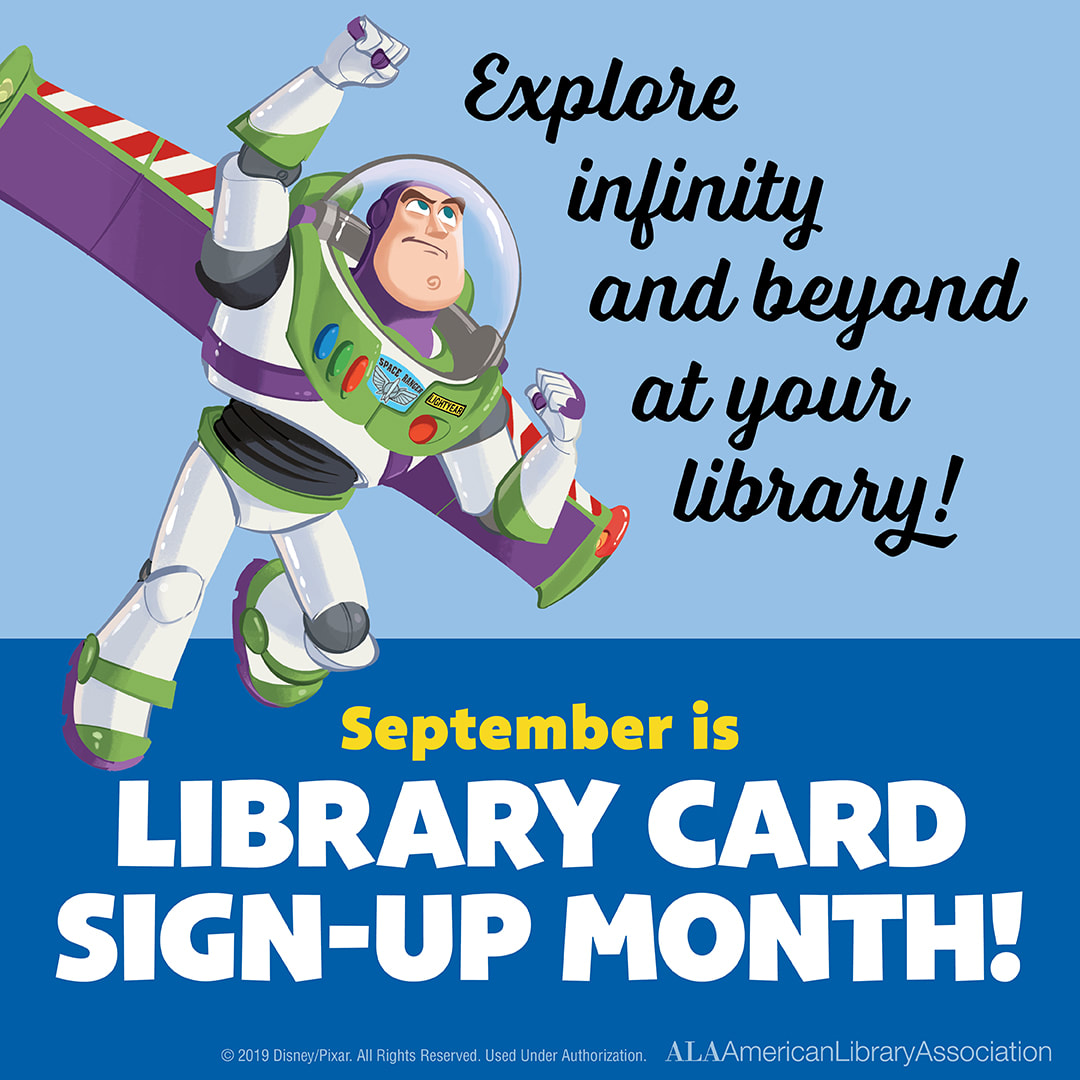
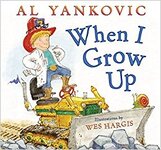
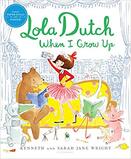
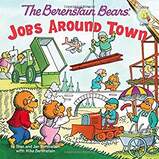
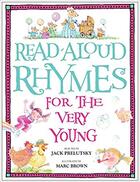
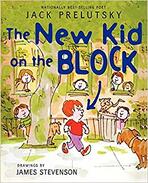
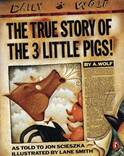
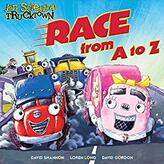
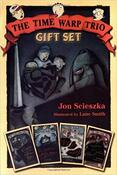
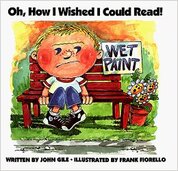
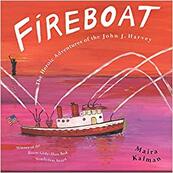
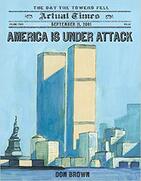
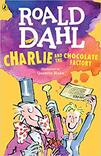

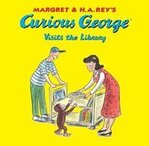
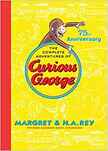
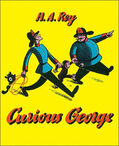
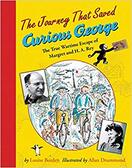
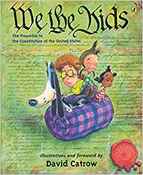
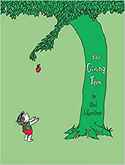
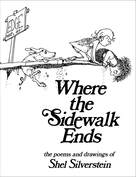
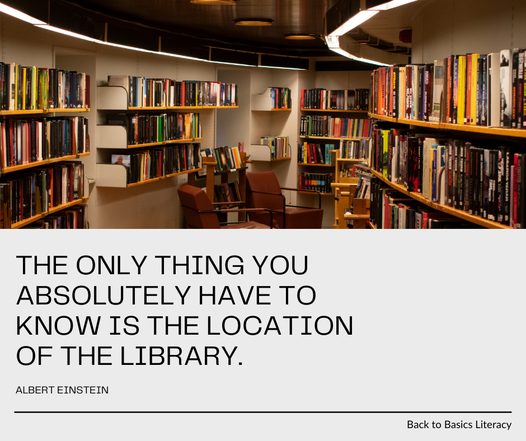

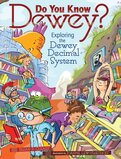
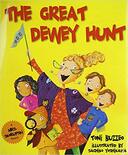
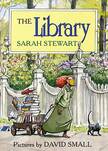
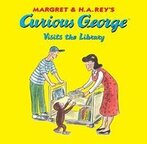
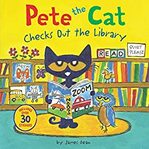
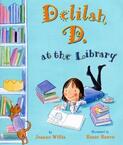
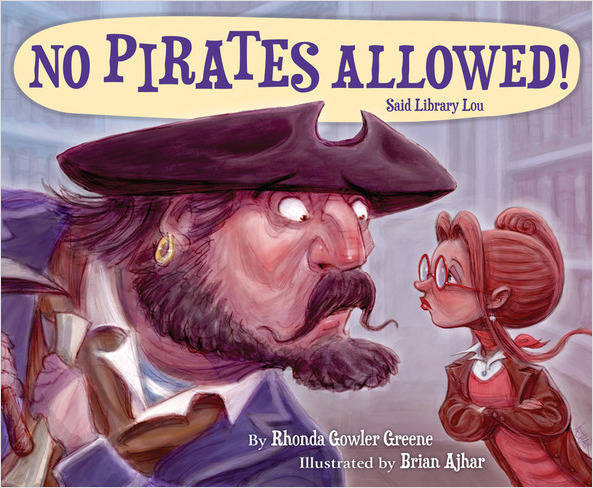
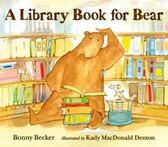
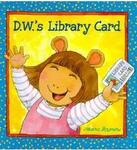
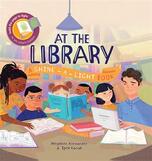
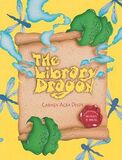
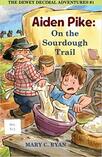

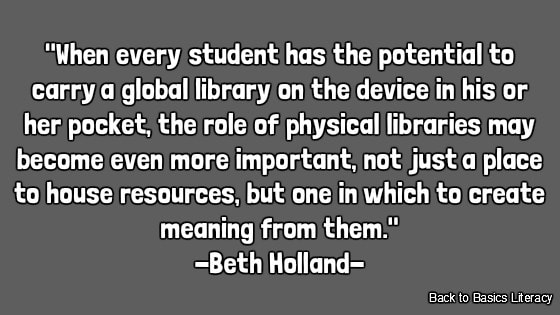
 RSS Feed
RSS Feed